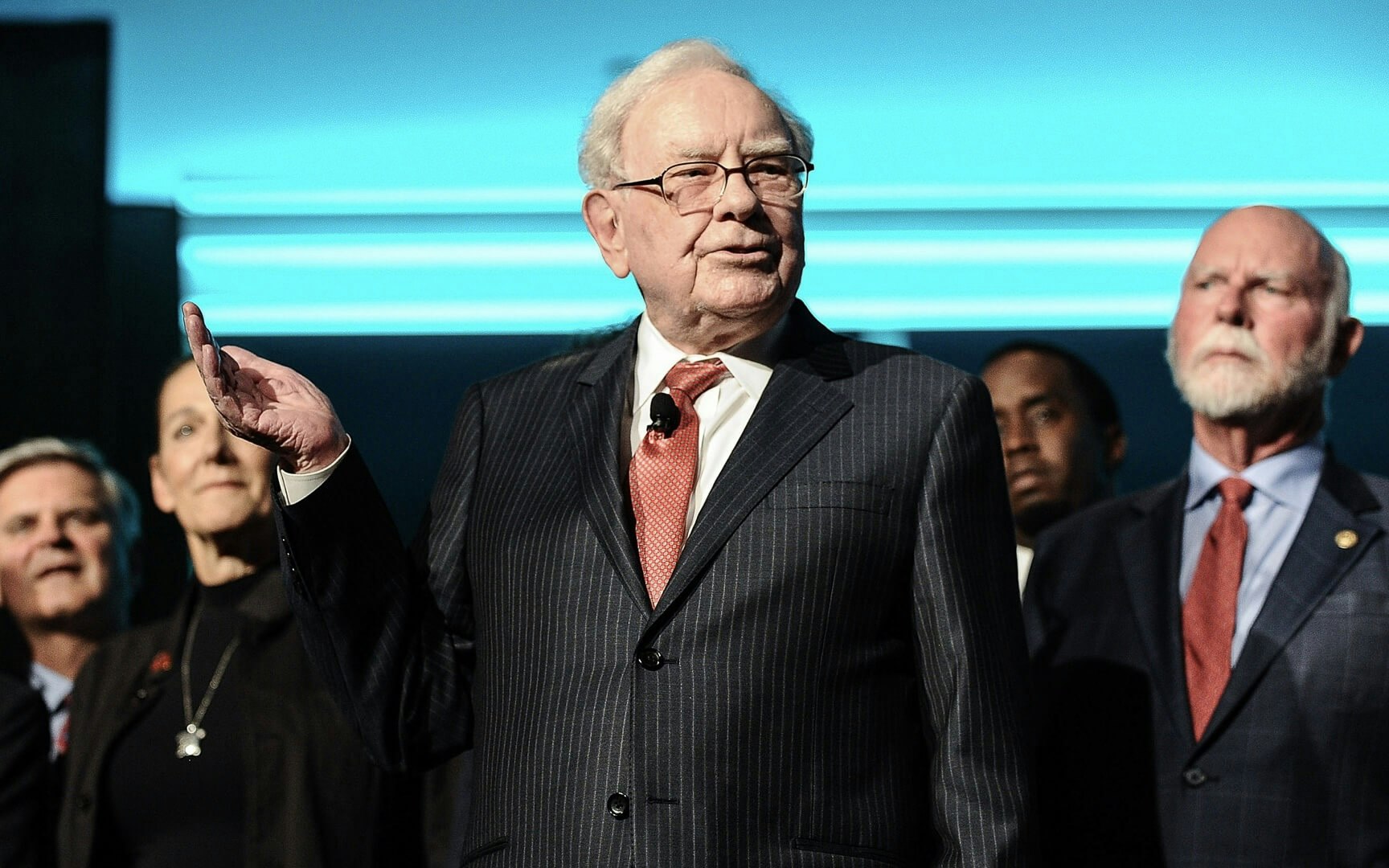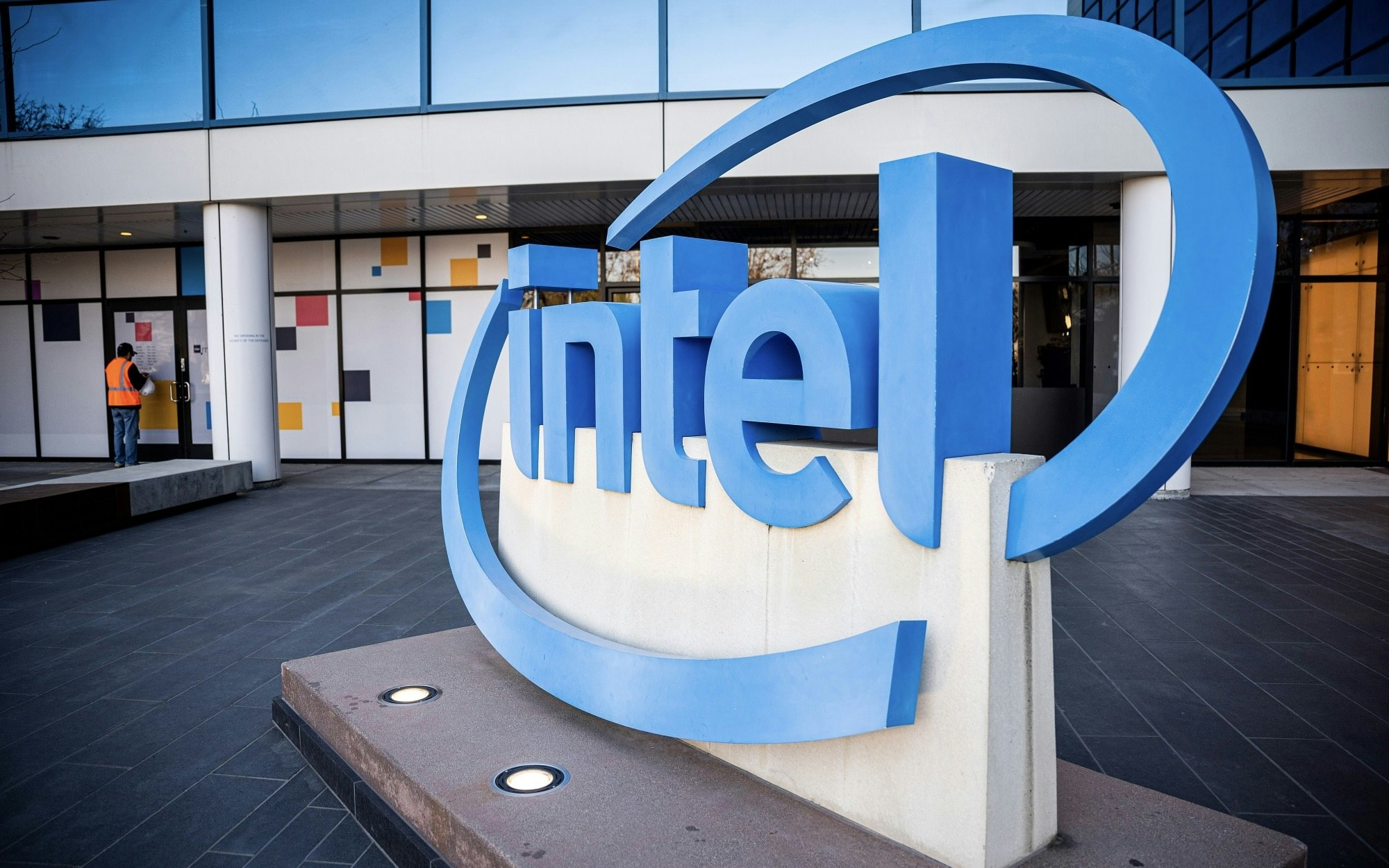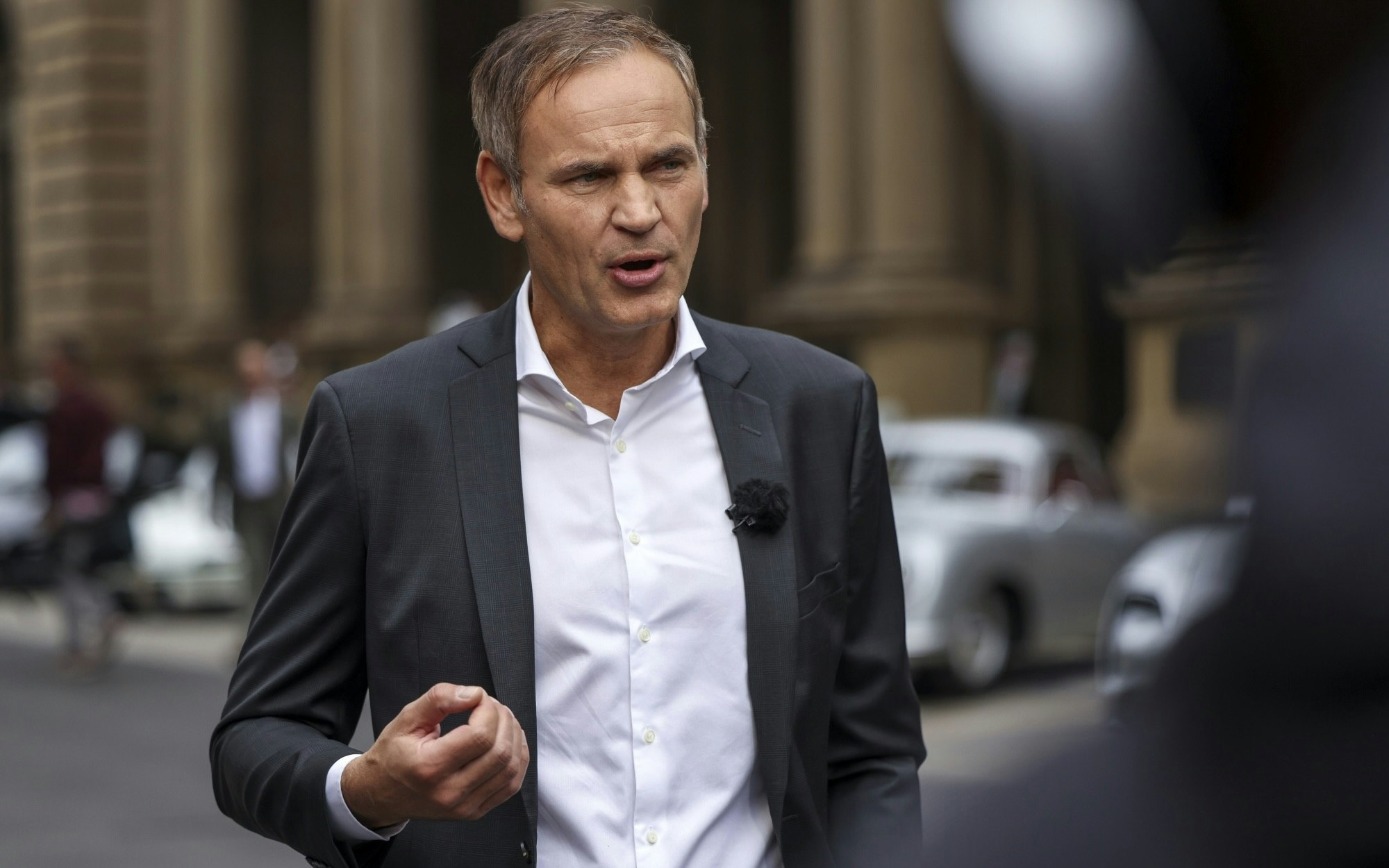Wealth
These are the highlights of all 59 annual letters from Warren Buffett.
Berkshire Hathaway's Development Since 1965: Humorous Notes Trace the Company's Path.

Buffett Expanded His References to His Sister in His Latest Letter to Shareholders of Berkshire Hathaway on Saturday
In his latest letter to Berkshire Hathaway shareholders on Saturday, Buffett expanded his references to his sister. These vivid insights attest to the plain and pragmatic style that Buffett has developed over more than half a century in his communications to the owners of Berkshire shares. "When I picture the kind of owners Berkshire seeks, my sister Bertie is the perfect mental model," he wrote. He added that his sister is intelligent, reasonable, and not at all naive – but not ready for an economic audit and also does not see herself as an expert in this field. "So," the famous investor wrote, "what would Bertie be interested in this year?"
This latest letter is part of a series of notes to the shareholders of Berkshire that dates back to 1965 when his investment partnership took control of the company. (Earlier letters were signed by other Berkshire personalities but written by Buffett.) The letters trace the evolution of Berkshire from a struggling textile manufacturer in New England to a conglomerate with a massive stock portfolio and business interests in insurance, rail transport, energy, and confectionery. Along the way, Buffett explained to shareholders the workings of the insurance industry, the nuances of accounting rules, and how to value stocks.
In explaining topics that might seem boring to some shareholders, Buffett wrote in the voice of a friendly—and sometimes humorous—teacher. He quoted Yogi Berra and Mae West, country songs, and the Bible. In a February 2007 letter, he began a section on retroactive insurance deals with the warning: "It's time to eat your broccoli" and ended it with the words: "Aren't you glad I promised you there would be no test?"
Investors of Berkshire, today the seventh-largest company in the US by market capitalization, view the letters as a source of education and wisdom. Here are some of the most memorable passages:
Auf der Suche nach Akquisitionen
The translation of the heading to English is:
"The company has sought suitable acquisitions both within and potentially outside the textile industry. Although none have been successfully completed to date, we continue to have an active interest in such acquisitions." December 2, 1966 (signed by Berkshire Chairman Malcolm Chace Jr. and President Kenneth Chace).
Frösche küssen
"Investors Can Always Buy Frogs at the Current Price. However, If Investors Finance Capital-Intensive Princesses Who Pay Twice as Much for the Right to Kiss the Frog, Those Kisses Really Need to Have a Lot of Power. We've Observed Many Kisses, but Seen Very Few Miracles. Still, Many Corporate Princesses Remain Confident in the Future Efficacy of Their Kisses - Even as Their Corporate Yards Sink Knee-Deep in Dead Frogs." February 26, 1982.
Angst und Gier
"Occasional Outbreaks of These Two Highly Contagious Diseases, Fear and Greed, Will Always Occur in the Investment Community. The Timing of These Epidemics Is Unpredictable. And the Market Deviations They Cause Are Equally Unpredictable, Both in Terms of Duration and Degree. That's Why We Never Try to Anticipate the Arrival or Disappearance of Either of These Diseases. Our Aim Is More Modest: We Simply Try to Be Fearful When Others Are Greedy, and Only Greedy When Others Are Fearful." February 27, 1987.
Wie im Baseball
"It is true that in the long run, the score in investment decisions is the market price. However, prices are determined by future earnings. In investing, just as in baseball, one must pay attention to the playing field, not the score." February 28, 1992.
Wer war nackt schwimmen?
"Hurricane 'Andrew' has destroyed some small insurers. Moreover, it has awakened larger companies and shown them that their reinsurance coverage against catastrophes is far from sufficient. (It is only when the tide goes out that you learn who's been swimming naked.)" March 1, 1993.
Was ist unsere Entenbewertung?
"In a Bull Market, One Must Avoid the Mistake of Viewing the Bedraggled Drake After a Downpour as Being Self-Satisfied, Believing That Its Paddling Skills Have Propelled It Upwards in the World. A Thoughtful Duck Would, Instead, Compare Its Position After the Rain to That Of Other Ducks in the Pond. So What Is Our Duck Valuation for 1997? The Table on the Opposite Page Shows That Last Year, Even Though We Paddled Furiously, Passive Ducks Who Simply Invested in the S&P Index Also Rose Almost as Quickly as We Did. Therefore, Our Assessment of the 1997 Performance Is: Quack." February 27, 1998.
Ein hartes Zeugnis
Even Inspector Clouseau Could Have Found Last Year’s Culprit: Your Chairman. My performance reminds me of the quarterback whose report card showed four F's and one D, but whose understanding coach said, "Son, I think you're spending too much time on that one subject." My "one subject" is capital allocation and my grade for 1999 is definitely a D. What hurt us most during the year was the sub-par performance of Berkshire's stock portfolio – and the responsibility for that portfolio, apart from the small part managed by Lou Simpson of GEICO, lies entirely with me. March 1, 2000.
Denk nicht wörtlich an Vögel
The Oracle was Aesop and his enduring, albeit somewhat incomplete, investment wisdom went as follows: "A bird in the hand is worth two in the bush." To expand upon this principle, you only need to answer three questions. How certain are you that there actually are birds in the bush? When will they appear and how many will there be? What is the risk-free interest rate (which we consider as the return from long-term U.S. bonds)? If you can answer these three questions, you know the maximum value of the bush - and the maximum number of birds you own and should be offered for it. And of course, don't think literally of birds. Think of dollars." February 28, 2001.
Auf der Welle reiten
"It was a breeze for Berkshire and other owners of U.S. stocks to prosper over the past few years. Between December 31, 1899, and December 31, 1999, to give a truly long-term example, the Dow rose from 66 to 11,497... This tremendous increase happened for one simple reason: Over the course of a century, American companies were extremely successful, and investors rode the wave of their prosperity." February 28.









